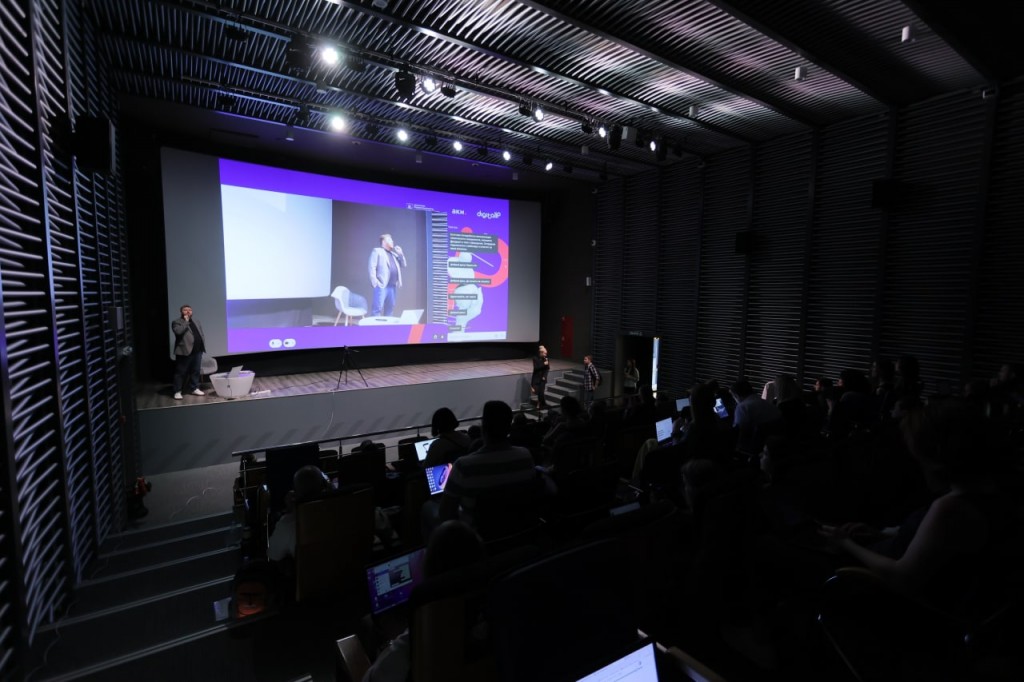However, not everyone is aware of the importance of protecting their intellectual rights and respecting those of others. This is an especially important aspect for creators who design and develop software, produce music, make films or designer furniture.
Valeria Brusnikina, Portfolio Manager of IT-Projects at the IPChain Association and lecturer at the “Creatus” Intellectual Property Law School, answers questions on what creators need to know about their intellectual property rights and how to protect them.
The creative sector is gradually beginning to fill a larger share of Russia’s economy. Today, the creative industries are responsible for an average of 6.6% of the global GDP. However, in Russia, this figure is about 2.23%. The “Concept on the Development of the Creative Industries in Russia” approved in 2021 by Russia’s Prime Minister Mikhail Mishustin is aimed at increasing the percentage that the creative industries contribute to Russia’s GDP up to 3% by 2024 and 6% by 2030.
Is it possible to manage intellectual property rights without the help of a lawyer?
Nowadays, it is not necessary to study law for many years in a university in order to know how to protect your intellectual property rights. You don’t even necessarily have to seek professional legal help for this, something that neither creators nor business entrepreneurs like to do. This is because now there are plenty of digital online services and platforms that specialize in protecting the rights to the results of creative activities and fighting against piracy. Additionally, these services usually provide creators with opportunities to monetize their creative works.
What opportunities do digital technologies offer creative entrepreneurs?
First and foremost, digital technologies offer creative entrepreneurs basic protection. Services such as n’RIS, give creators the opportunity to submit their creative works into a digital database and record the fact and time of “deposit", establishing the creator’s priority of authorship.
Modern digital technologies also help creators raise funds for their creative projects. Crowdfunding and crowdlending platforms such as CO-FI, are great examples of this.
Additionally, services like the IPEX intellectual property exchange give creators opportunities to monetize their creative works. Through this service, anyone can search for and choose a creative work they want to purchase and buy the rights to use it from the comfort of their own home.
spark.ru




